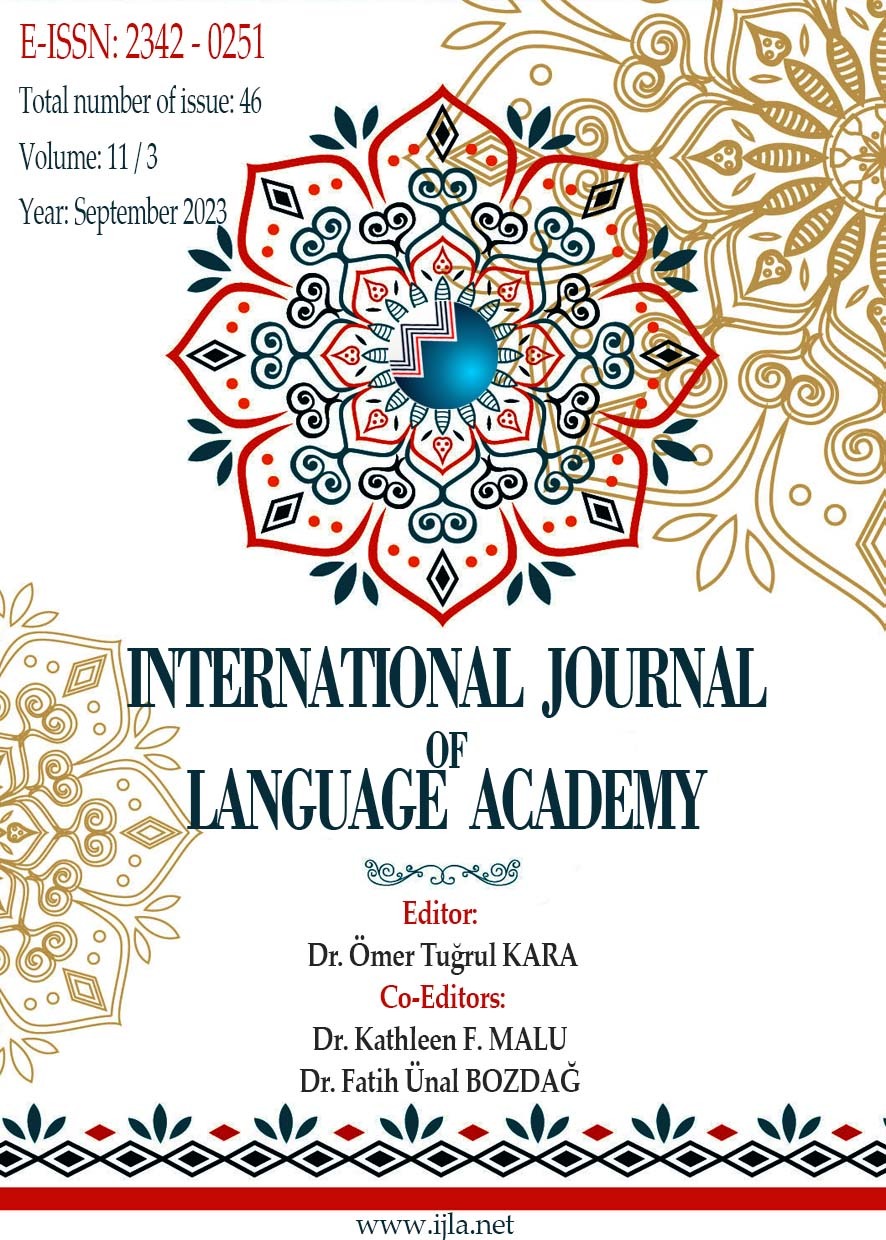WHO IS IN CONTROL? A QUALITATIVE INQUIRY INTO EFL TEACHERS' PERCEPTIONS OF LOCUS OF CONTROL AND ITS PREDICTORS
Author :
Abstract
Keywords
Abstract
Teachers' perceptions of control over student performance and learning outcomes play a crucial role in educational settings as these perceptions shape teachers’ decision-making processes and overall practices. Teacher locus of control, therefore, has long been a focus of research. However, there are relatively limited qualitative investigations into the concept, leaving a gap in the existing literature. This qualitative study was conducted to gain deeper insights into how EFL teachers would perceive their personal control over language learning outcomes and the factors that shape their locus of control orientations. The study involved 22 EFL teachers from preparatory schools in 16 universities in Türkiye. Data collection was done through written interviews, and the collected responses were analyzed using qualitative analysis techniques. The findings revealed that EFL teachers perceive a significant degree of personal control over the learning environment, motivation, and learner attributes. The study also identified several institutional and systematic factors, as well as teacher and student-related factors, that influence teachers' locus of control orientations. These findings confirmed the importance of understanding and supporting EFL teachers' locus of control orientations and held implications for teacher training, professional development, and educational policies to empower their sense of control and responsibility over language learning outcomes.





